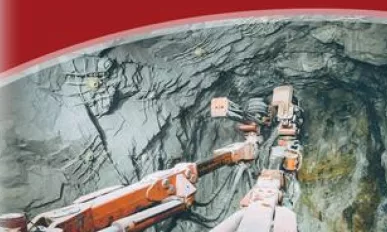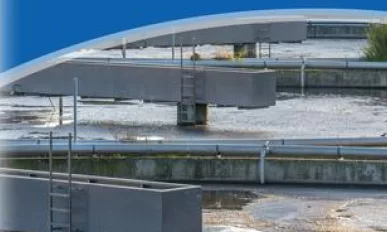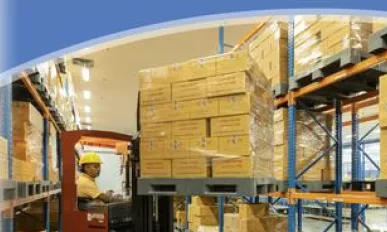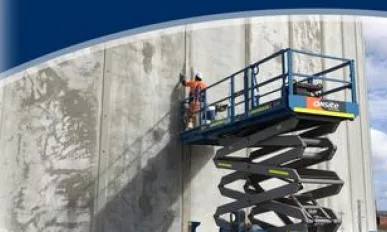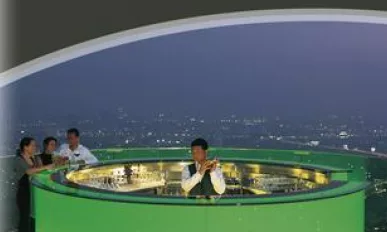Issue 36
K92 Mining : Striking Gold in PNG
K92 Mining has started to monetise the Kainantu Gold Project and identified major opportunities to expand production.
Water PNG and Eda Ranu : Quenching PNG’s Thirst
Water PNG and Eda Ranu are sustainably safeguarding Papua New Guinea’s water supplies, driven by ambition and succeeding through practicality.
M&H Manufacturing : Thailand’s Pharmaceutical Father
M&H Manufacturing has been building a legacy in Thailand and the wider region for nearly 60 years, elevating the pharma industry to international standards.
UMG Myanmar : Innovative by Nature
Inspired by industry 4.0, UMG Group faces exciting times in Myanmar as it seeks to remodel its operations in a relentless pursuit of excellence.
DuluxGroup PNG : Passion for PNG
Having maintained its manufacturing presence through tough times and expanded beyond its traditional paints portfolio, DuluxGroup continues to empower the people of Papua New Guinea.
Seapac Philippines : Redefining the Possible
How Seapac has been pushing boundaries in the Filipino building sector since Chairman James Chant set up shop in 1998.
dwp|design worldwide partnership
dwp|design worldwide partnership continues to face new challenges and produce award-winning work as it seeks to expand into new markets.
ACL : Transforming Governance with Data Automation
Technology is rapidly changing how audit, risk and compliance is managed, thanks to ACL, a leading enterprise governance SaaS provider.
Siemens Philippines : Energising an Archipelago
Spearheading betterment with a proactive approach, Siemens Philippines is galvanising a multitude of industries with its technological expertise.
Cellcard : Connecting Cambodia
Ian Watson, CEO of Cellcard, reveals how the Company is facilitating grass roots digitisation across the country.
Veolia Water Technologies : Safeguarding Asia’s Most Precious Resource
Veolia Water Technologies provides unique water, wastewater, and reclaim solutions, from process design to complete turnkey installation and operation services for municipal and industrial customers.
Shell on the Lubrication Revolution
We speak to Felix Guerzoni, Product Application Specialist at Shell, about development opportunities provided by the Shanghai Technology Centre.



